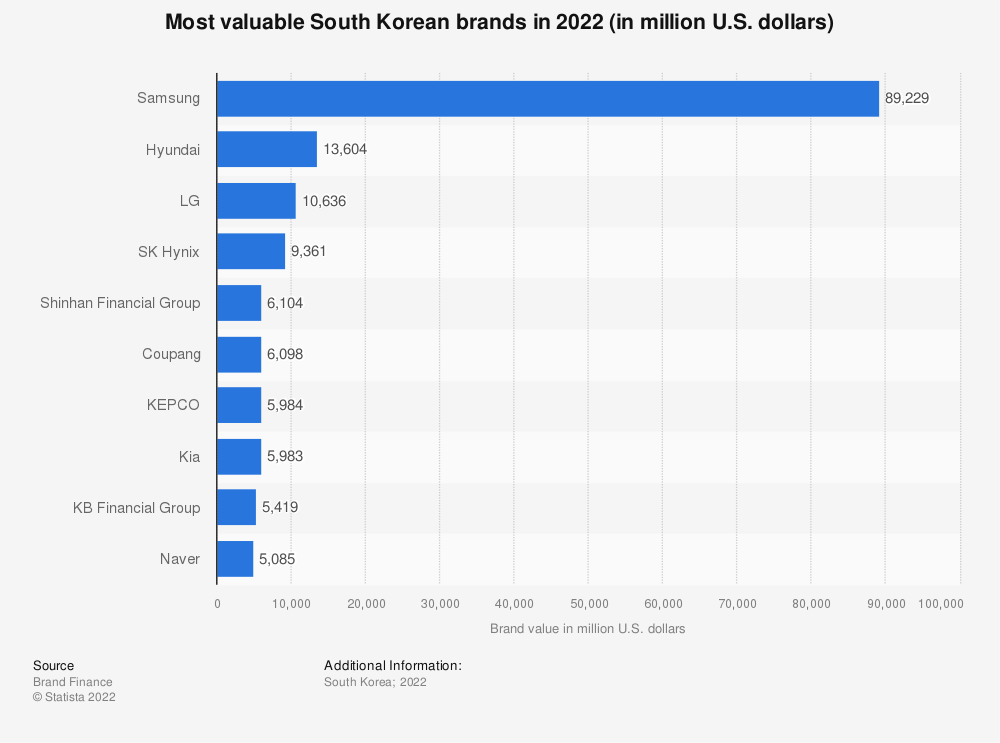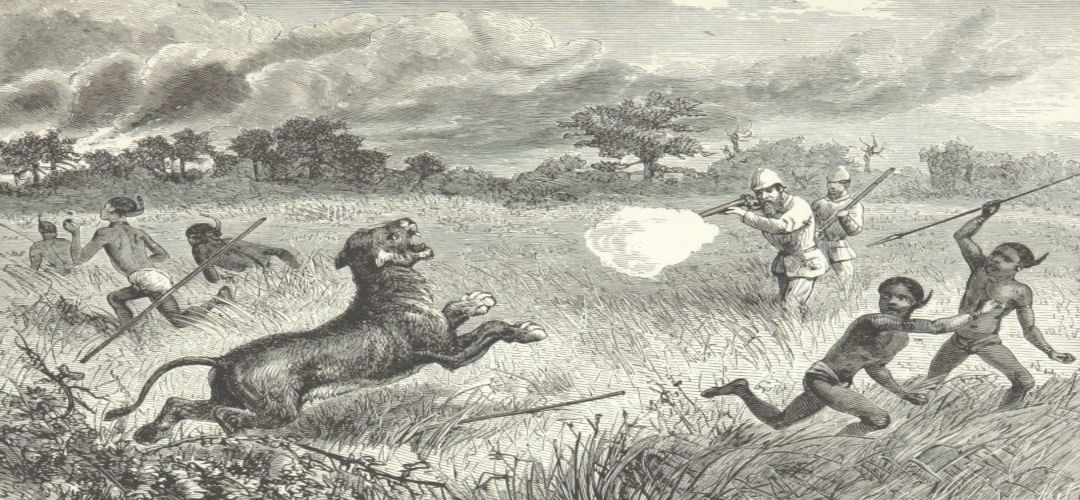South Korean music and drama has been sweeping the world, successfully competing against decades of American cultural dominance.
From a society that was barely at sustenance levels in the early 1950s, South Korea became an Asian miracle in the 1990s. Today it successfully competes in diverse fields such as shipbuilding, consumer electronics, white goods, semiconductors and automobiles. Brands like Kia, Hyundai, Samsung, LG etc., are household names the world over and represent quality, reliability, affordability and customer-oriented service.
In the last few decades, this small nation, confident in its own historical legacy, has taken on the West in the culture and arts arena. Going by indicators, it is winning against its American competition. The Korean wave or K-wave is the name given to the increasing global popularity of South Korean culture, initially propelled by TV soaps, dramas and pop music, that has rapidly spread across national boundaries, languages, ethnicity and even political leanings. The record-breaking 2012 song ‘Gangnam Style’ was as popular in China and Russia, as in India and the U.S.! This fad has spread with the K-pop band ‘BTS’ becoming a global voice on critical issues, even appearing on the platform of the United Nations.
The K-wave can be compared to Denim popularity, which although popular in the American West since the 19th century as a work garment, became a symbol of a rebellious generation of youths in the 1950s and 1960s and a socially acceptable dress for all ages and classes in the 1970s.
Background
Colonisation divided the world into two spheres, the West and the East. While the westerners were the bearers of modernisation and innovation, easterners were always considered to be submissive receivers of western developmental and influential strategies.
However, rapid changes started in the 18th and 19th centuries as a sudden interest grew in the Asian ways of living, spirituality, social identities, culture and traditions. Side by side, there was a greater appreciation of eastern modes of entertainment and relaxation like literature, painting, art and philosophies.
In this intricately globalised world, we not only find ourselves bombarded with information via social media but find our choices influenced by a variety of factors. Even though this experience is a part of the modernisation era and sometimes a consequence of industrialisation, this phenomenon is not new. The spread of American culture is a good example. Similarly, media companies have facilitated the spread of the K-wave. Initiated by Seung Bak, the former co-founder and CEO of Drama Fever, a website that Warner Brothers owned, took a license to broadcast Korean TV and drama in the U.S. even before Netflix soared to popularity and the rest is history.

Analysis
A key element in ensuring international dominance and recognition is the fight between ideology and social hegemony. The power of a country to influence its inhabitants and the citizens of other countries determines its position and recognition internationally. Even teenaged pop icons can influence a whole generation across geographical boundaries. Popular western stars dominated international culture, but now Asian stars, especially from Korea, are creating a niche for themselves. An increasing number of South Korean prodigals are excelling in the field of music, especially in classical piano and violin, and winning international classical music competitions.
America has used the cultural hegemony achieved through social institutions and social media to promote the mindset of liberal democracy and inspire citizens to live a life of liberty. The current counter from K-wave on this influence can be seen as a strong example of a multipolar world where different ideas can coexist with each other. In 2018 South Korea saw an increase of 6.8 percent of immigrants from all over the world, as the spread and acceptance of its culture are inspiring people to adopt its lifestyle on an individual level.
Assessment
- One cannot ignore the rising counter force of K-Wave against the American Cultural Hegemony. The debate between ‘Hamburger vs Kimchi’ or the general confusion of which genre of entertainment one should watch on the web series next is a persistent one.
- This situation goes both ways, considering the number of Asians who cross borders chasing the American Dream or the new interest in producing and imitating western “trap” music by various Korean artists. However, South Korea has been known to accept new information, moulding it to its traditions and reciprocating the products at a superior level. A prime example is the Korean movie Parasite, winning three Oscars in 2020.
- Such cross-pollination can be a positive development as it would lessen the racial prejudice and typecasting between different, and often antagonistic ethnic cultures. Hopefully, it will make the world a much better place.




